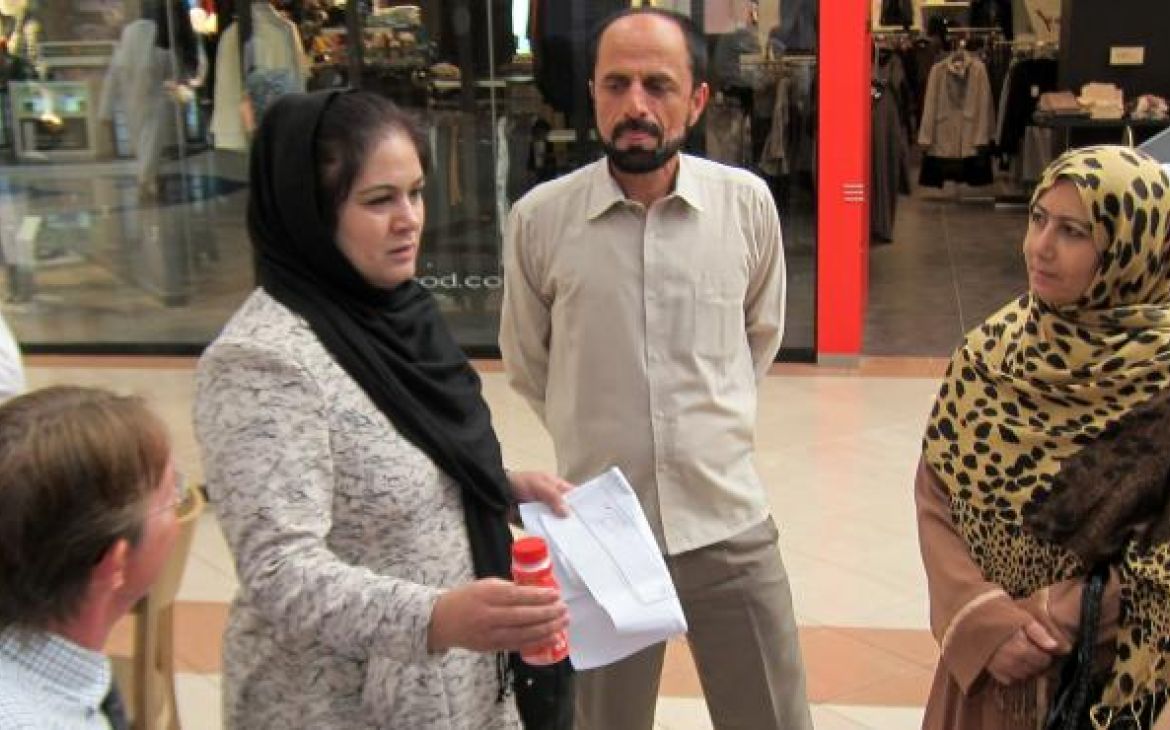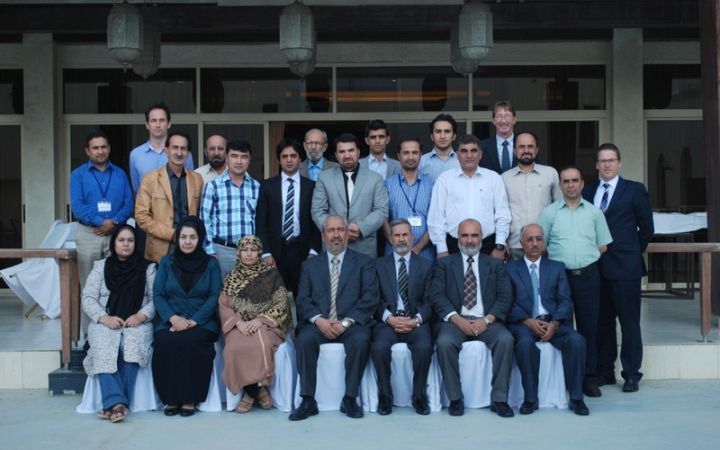UNITAR Hiroshima has developed its high-level Small and Medium Enterprises Development Training Programme to support countries as they move through post-conflict reconstruction. As a country rebuilds, efforts to restore infrastructure, ensure effective central and provincial governance, and provide adequate social welfare, should be accompanied by the nurturing and strengthening of Small and Medium Enterprises (SMEs) which can contribute significantly to overall development. An efficient private sector can contribute, both directly and indirectly, to decreasing unemployment, increasing wages, generating tax revenue, increasing wealth, and contributing to a stronger nation.
Learning Objectives
By the end of the programme, participants will be able to:
- Cite methodology and tools for enterprise strategic, financial and production planning
- Outline means of improving capacity for trade, exports, investments, and access to markets
- Describe best practices for facilitating the easy setting up of business targets, monitoring of business results and continuous improvement
- Outline the links between SME business development, entrepreneurship and leadership;
- Describe public-private SME partnerships at macro, meso, micro-levels
- Illustrate SME development in a rural context, utilising agri-business market development as a model
- Outline what interventions are currently available to the participants to support and develop
- SME entrepreneurship and business
- Review effective organisational change management strategies
- Illustrate stakeholder identification and integration strategies.
Methodology
The training programme is based on a blended-learning participatory approach and includes:
Interactive Lectures and Group Exercises
Interactive lectures are facilitated by key Resource Persons who examine the themes of the Workshop from a broad theoretical perspective down to case studies examining real world implementation. These presentations are augmented by small group exercises and frequent discussions from the floor, which serve to contextualise the issues being examined.
After-Action Reviews
Representing a key component of the Workshop, after-action reviews takes place within groups at the start of each morning, discussing the main issues raised in the previous presentations, as well as the specific frames of reference as applied to these by participants.
Study Tours
Underscoring the theoretical introductions and analysis presented, study tours form an integral part of the training methodologies utilised by UNITAR. Participants are able to relate to what has been seen and discussed in the training programme with actual examples of policy development and implementation.
Training the Trainer
A focus is made throughout the training sessions to relate the learning being facilitated to the realities on the ground. In addition, each participant is empowered to recreate the training upon their return to their organisation in order to achieve a self-propagating legacy of skills development.
Project Completion Reports
The UNITAR Hiroshima Training Programme on Small and Medium Enterprises Development has been successfully developed and delivered to the following entities:
ProFound and Ministry of Commerce and Industries of the Islamic Republic of Afghanistan



